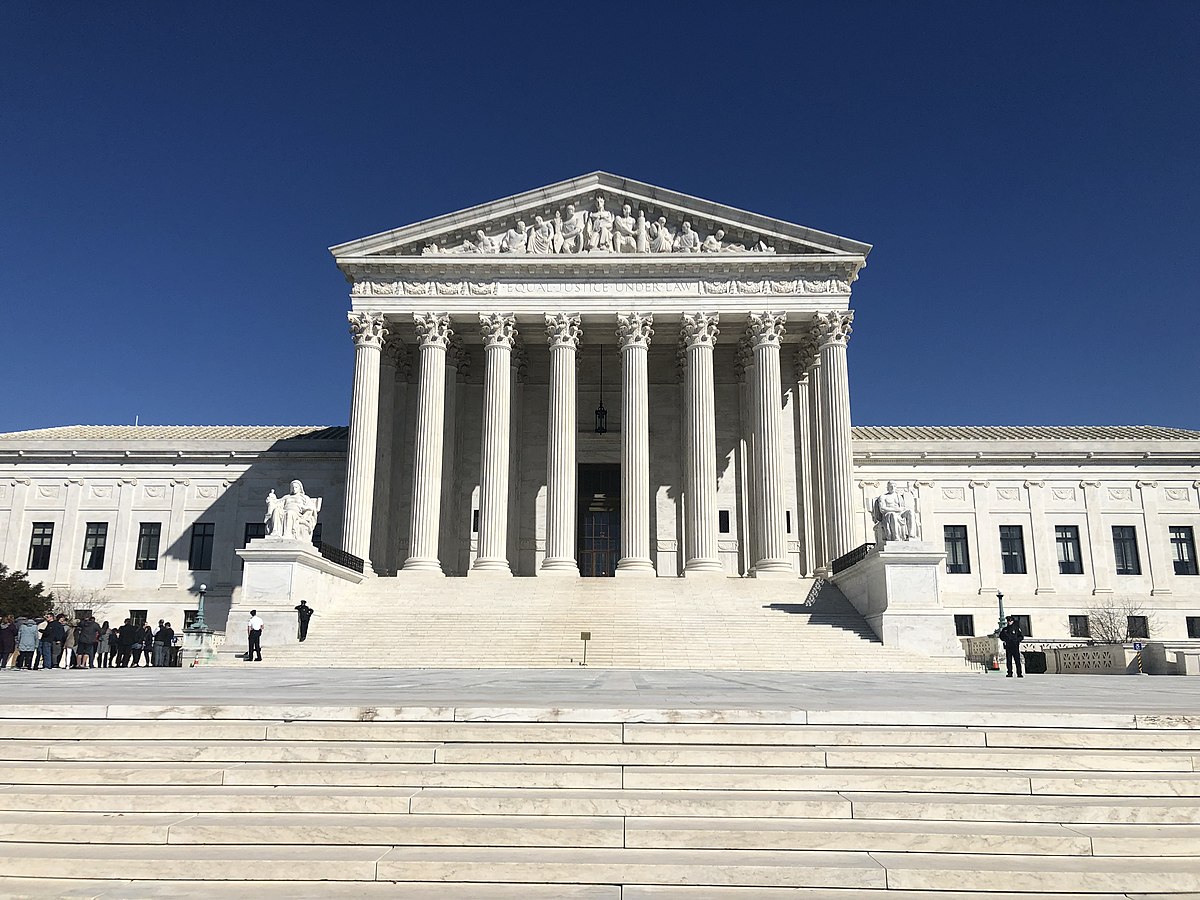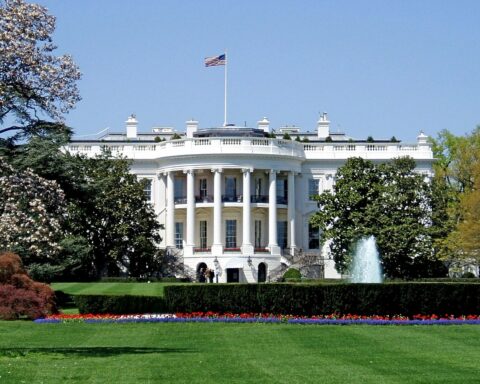The Supreme Court heard arguments in a challenge to a federal law that makes it a crime to “encourage” illegal immigrants to come to or stay in the United States without permission.
President Joe Biden has been criticized for his welcoming tone toward immigrants, but his administration is currently fighting to protect a federal law that makes it a crime to “encourage or induce” immigrants to “come to, enter, or reside” in the country illegally.
A lower court deemed the law unconstitutional on a First Amendment basis. Several justices, through hypothetical questioning, seemed to lean toward backing the lower court.
Justice Elena Kagan pointed to the broad meaning of the word “encourage”.
A lawyer for the government, Brian Fletcher, argued that the language used only refers to a crime when the offender actually facilitates illegal immigration. He compared “encourages or induces” to the crimes of “aiding and abetting” or “soliciting.”
Justice Brett Kavanaugh referred to an amicus brief by a coalition of charitable organizations that provide food, water, and other aid to immigrants just after they cross.
“They seem to have a sincere concern about that and that it will deter their everyday activities. That’s what a lot of charities do,” Kavanaugh said.
The Scam at the Core of the Case
Helaman Hansen, the defendant in the case, was convicted of violating the law along with mail and wire fraud. He scammed large amounts of money from immigrants claiming he could help them obtain citizenship through adult adoption.
“It is a little awkward, though, that this case comes up in a posture with Mr. Hansen, who I don’t think anybody could say he’s been chilled from speaking,” Justice Gorsuch said. “I mean, he’s had no problem soliciting people here in this country and defrauding them to the tune of lots and lots of money.”
Fletcher said Hansen’s case was an example of typical prosecution under the law, and worries about charities and families harboring grandparents were unrealistic.
The Supreme Court is expected to issue its decision by late June.










If this is a crime, SloJoe is perp #1.